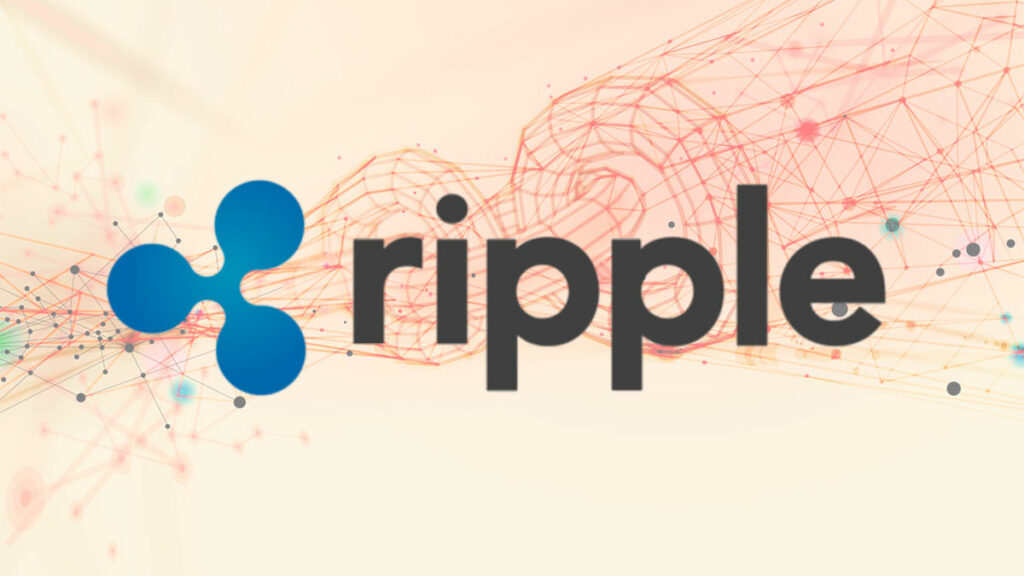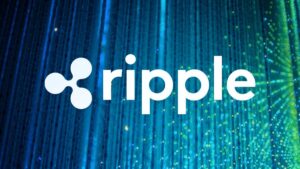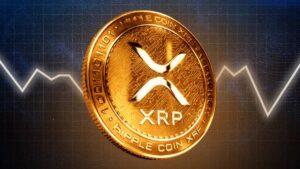TL;DR
- Ripple Unveils Tokenization Strategies: Ripple, a leading blockchain technology company, has revealed its innovative business strategies for tokenization.
- Tokenization to Unlock Business Value: Ripple is leveraging tokenization, the process of converting rights to an asset into a digital token on a blockchain, to unlock business value.
- Ripple’s Vision for a Tokenized Future: Ripple’s tokenization strategies aim to improve access to asset classes, reduce costs, and eliminate geographical boundaries.
In a recent post, Ripple, the renowned blockchain technology company, unveiled its innovative business strategies for navigating tokenization. The company’s vision for tokenization is set to revolutionize the application of blockchain technology, with a focus on real-world asset tokenization.
Tokenization is reshaping the future of finance, offering the promise of enhanced transparency and increased accessibility.
Part II of our tokenization series details how companies are unlocking value and navigating an evolving digital asset landscape.https://t.co/VVO8gCfjcb
— Ripple (@Ripple) February 13, 2024
Ripple’s new strategies are driven by the core benefits of blockchain technology, including improved access, efficiency, and liquidity. The company’s approach to tokenization is gaining attention from business leaders, with 72% of respondents to Ripple’s 2023 New Value Report expressing interest in exploring tokenization within the next three years.
Tokenization, the process of converting rights to an asset into a digital token on a blockchain, is being leveraged by Ripple to unlock business value. The benefits of this technology range from the tokenization of financial assets and real estate to event ticketing and carbon credits.
One of the key advantages of tokenization is the increased transparency it offers. Transaction data stored on a blockchain is immutable, providing a more secure and trustworthy ecosystem. This is particularly beneficial for markets like the voluntary carbon credits market, which has been plagued by opacity and double counting.
Ripple’s Tokenization Business Strategies and Their Core Benefits

Ripple’s tokenization strategy also aims to improve access to asset classes by reducing traditional barriers to entry, lowering costs, and eliminating geographical boundaries. This could enable companies to offer customers a wide array of real-world assets that were once out of reach.
However, the benefits of tokenization can only be fully realized when the markets for these tokenized assets become more liquid and have a strong secondary market. Ripple is addressing this by leveraging the operational efficiencies of tokenized assets on the blockchain, including faster transactions, reduced management fees, and lower costs.
The XRP Ledger (XRPL), an open-source, decentralized, public blockchain, has been instrumental in enabling over 2.6 billion transactions to settle in real-time, error-free, for more than a decade. This highlights the potential of Ripple’s tokenization strategies to transform the financial landscape.
In conclusion, Ripple’s game-changing tokenization business strategies are set to drive innovation and adoption of blockchain technology. With a focus on real-world asset tokenization, Ripple is paving the way for a more transparent, efficient, and accessible financial ecosystem.










